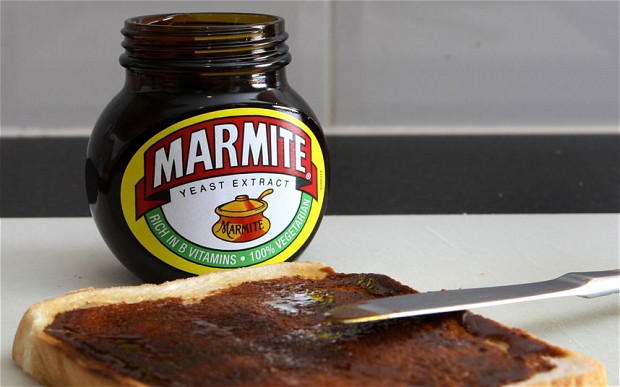
So there’s going to be a shortage of Marmite thanks to Unilever’s efforts to raise prices and Tesco’s efforts to resist them. Marmite was originally a British product made in Burton Upon Trent.
In the 1930s, Marmite was used by the English scientist Lucy Wills to successfully treat a form of anaemia in mill workers in Bombay. She later identified folic acid as the active ingredient. Marmite was used to treat malnutrition during the 1934–5 malaria epidemic in Sri Lanka
Marmite is now owned by a British-Dutch multinational consumer goods company but is still produced in Burton Upon Trent. Unilever wants to increase prices in the UK to compensate for the sharp decrease in the value of the pound, but Tesco is resisting that move.
This is a British product and can be produced from the waste products of the British Brewing industry.
So it’s hard to see why Brexit, or the decrease in the value of the pound would affect the price of Marmite.
In the corporate world we live in today though things are not so simple.
Marmite then could become a symbol for people’s feelings about the EU and the big corporations. You either love it or hate it.




































